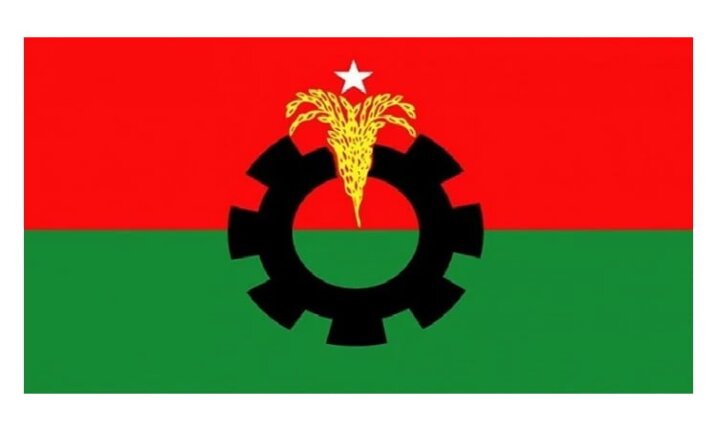After 16 years of political setbacks under the rule of former Prime Minister Sheikh Hasina, the Bangladesh Nationalist Party (BNP) is once again preparing for a political comeback. The party, long overshadowed by Hasina’s Awami League, is now pinning its hopes on the leadership of Tarique Rahman Zia, son of former prime minister Khaleda Zia, ahead of the upcoming February 2025 general elections.
BNP’s revival comes amid a period of political transition in Bangladesh, as Dr. Mohammad Yunus, the interim head of government, temporarily banned the Awami League from political activity — opening space for opposition forces to reorganize.
Tarique Zia’s long-awaited return
After 17 years of exile in London, Tarique Zia announced his intention to return home and lead the BNP’s election campaign. Speaking to BBC Bangla, he said,
“The time has come. God willing, I will return soon. People have been waiting for this moment, and I cannot keep myself away any longer.”
Zia’s return has been facilitated by his acquittal in multiple corruption cases that once barred him from political participation. His mother’s poor health and the new political environment in Dhaka further motivated his decision to come back. During Sheikh Hasina’s tenure, Zia’s political future seemed uncertain — but with the change in circumstances, the BNP sees an opportunity to reclaim its place in national politics.
New rivals and renewed challenges
BNP’s path to power will not be easy. The party now faces tough competition from Jamaat-e-Islami and the youth-driven National Citizens Party (NCP) — both of which emerged as strong grassroots movements opposing the Awami League’s authoritarian rule.
Zia, however, remains confident. He believes the BNP will triumph if the election is free and fair. “We are in a strong position,” he told reporters, adding that the general elections are a chance to rebuild democracy in Bangladesh.
Despite his confidence, critics recall BNP’s own turbulent history. During its past terms (1991–1996 and 2001–2007), the party was accused of widespread corruption and nepotism. In 2008, a leaked U.S. diplomatic cable described the BNP-led government as “kleptocratic and violent.” The Transparency International Index also ranked it among the most corrupt administrations of its time.
Zia has since dismissed these allegations as “false narratives” propagated under Sheikh Hasina’s regime. He insists that the BNP has learned from its past mistakes and now aims to represent a more democratic and transparent government.
Awami League’s legacy and the shifting mood
Under Sheikh Hasina, the Awami League ruled Bangladesh for more than 15 years (2009–2024), overseeing major economic growth and infrastructure expansion. However, her government faced criticism for curbing press freedom, suppressing dissent, and strengthening India’s influence over Bangladesh’s domestic policies.
The growing frustration among citizens — particularly the youth — has opened the door for a potential BNP resurgence. But whether Tarique Zia can regain the trust and confidence of the people remains to be seen.
Looking ahead
Zia told the Financial Times that if his party wins, it will form a coalition government with other democratic forces, ensuring equal rights for all parties and protecting freedom of expression. He pledged that under his leadership, the BNP would uphold political tolerance, media independence, and democratic inclusivity.
Yet the big question remains: will Tarique Zia’s promises translate into real reform — or will history repeat itself? As Bangladesh prepares for the 2025 elections, the outcome will not only determine the BNP’s fate but also the future direction of the country’s democracy.



